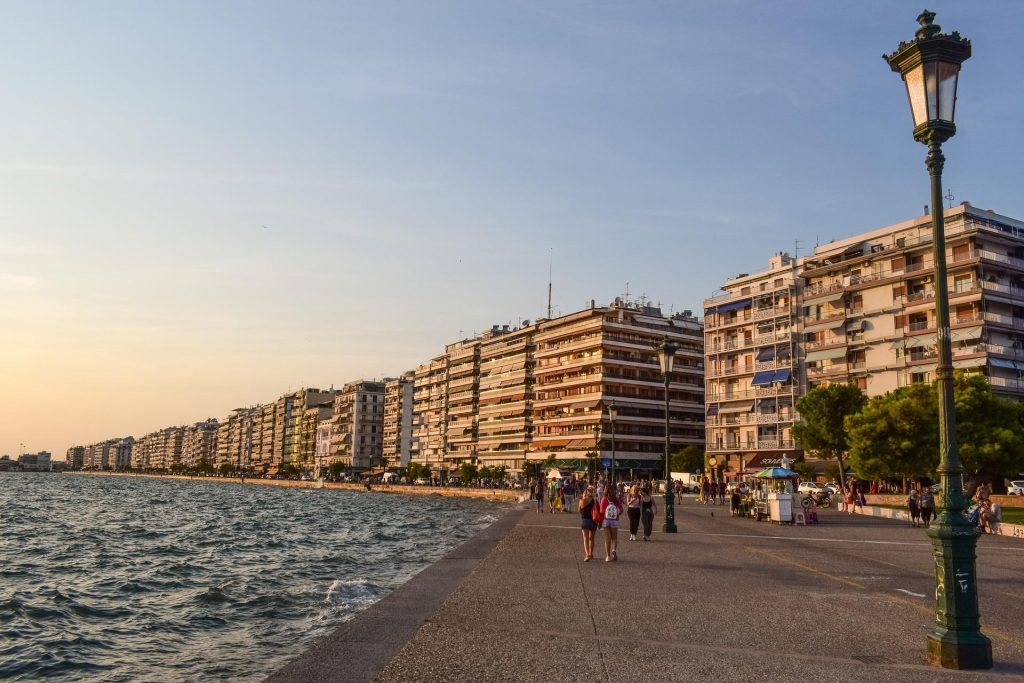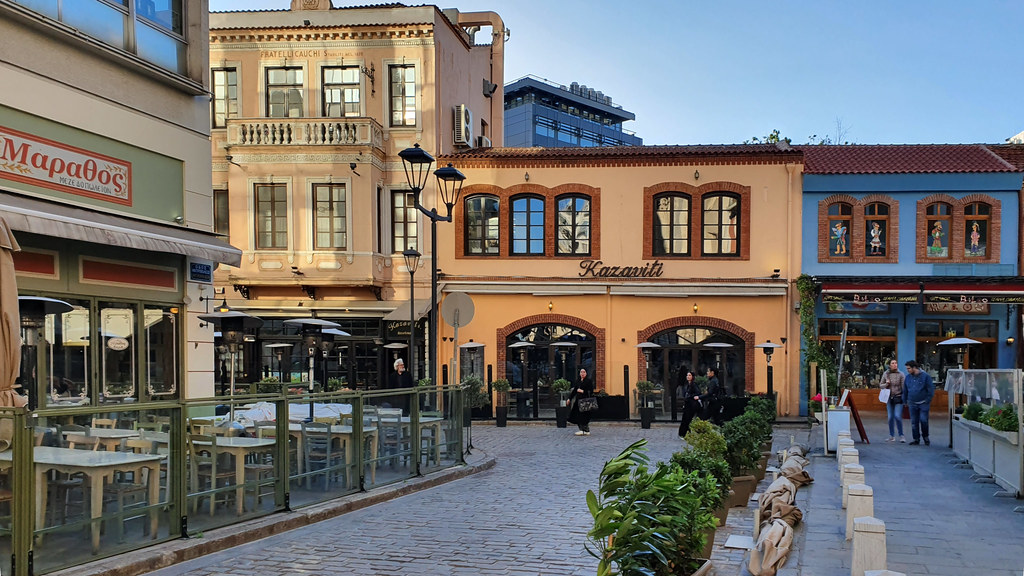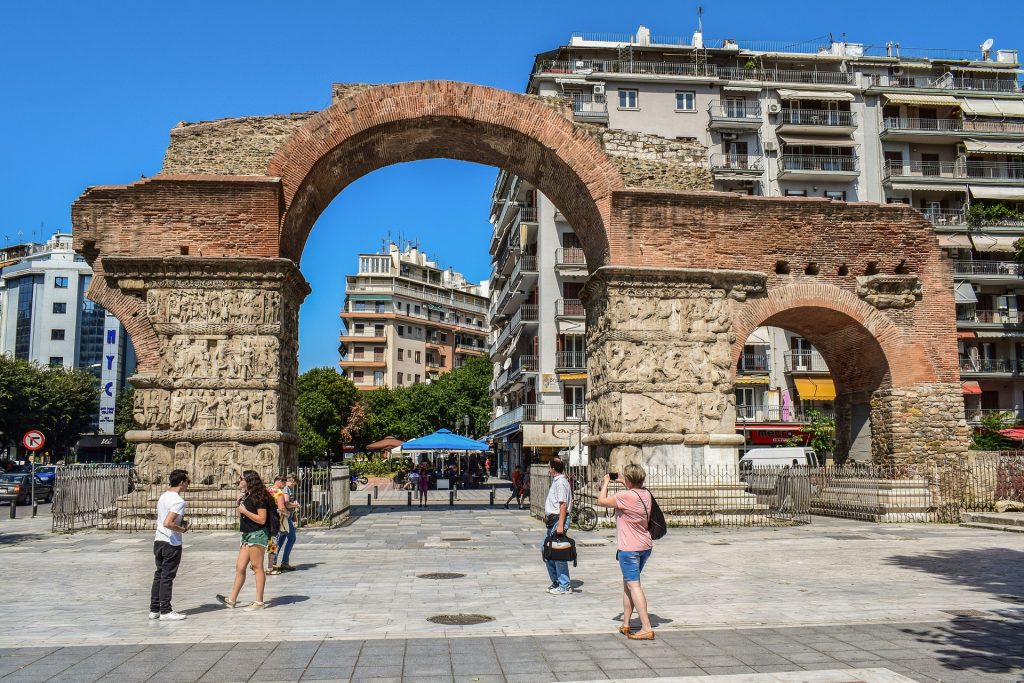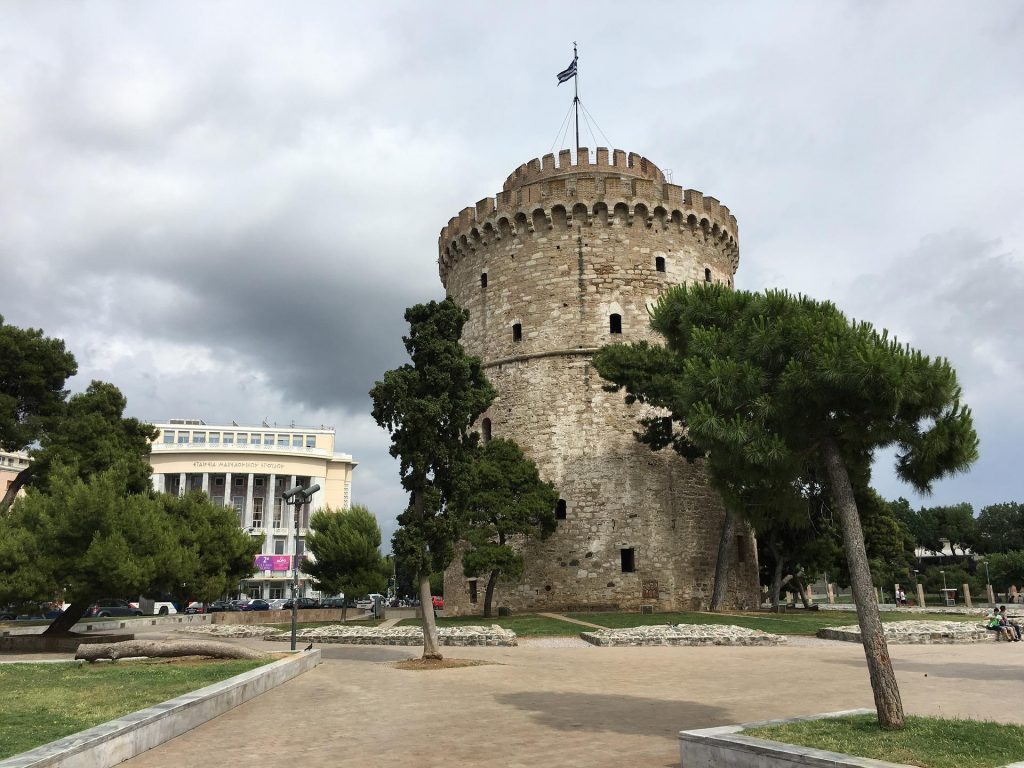Thessaloniki (also known as Thessalonica or Salonica) is the second-largest city in Greece. It is the Balkans’ most important port and the capital of the Central Macedonia region. With over a million inhabitants and a large and vibrant student community, Thessaloniki is a big city with a college town feel. It is considered Greece’s cultural capital, renowned for its festivals, events, and diverse cultural life. During each year, Thessaloniki hosts significant cultural and commercial festivities, such as the Thessaloniki International Fair (every September), the International Thessaloniki Film Festival (every November, attracting more than 70,000 spectators), The Reworks International Music Festival (every September), and the International Book Fair (every May). In the 2019 International Congress and Conference Association (ICCA3 ) Awards, Thessaloniki was ranked in 39th position, among European cities, hosting 39 conference events and welcoming a total of 10,350 participants.
More importantly, it is a multicultural center with a continuous 3,000 year old history with relics of its Roman, Byzantine, Ottoman past, and of its formerly dominant Jewish population. In fact, many of its Byzantine churches and a whole district of the city in particular, are included in UNESCO’s World Heritage list.
Thessaloniki is home to three well-known universities, the Aristotle University of Thessaloniki (largest in Balkans), the University of Macedonia, and the Alexander Technological Educational Institute of Thessaloniki, and two research centres, the Centre for Research and Technology Hellas (main organizer of the conference), and the South East European Research Centre. In total, the student population of the city amounts to more than 100,000 (1 out of every 10 residents is a student), while the number of scientists and researchers, working in the aforementioned universities and research centres is estimated to exceed 10,000.
Despite being relatively densely populated, Thessaloniki is a very pleasant and easy city to walk around. Most important and popular destinations lie within a small walkable range to each other. Walking across the city centre takes no more than 30 minutes, and at the same time it offers the visitor the opportunity to enjoy a variety of sceneries, historical sites, and culinary experiences. With a renovated 10km long seafront promenade, visitors can always enjoy a safe and relaxed walk or ride across the town.
Thessaloniki offers many options for getting around the city. On top of current public transportation, the newly constructed Metro is expected to be delivered by April 2023, providing an additional choice in public transportation. Many local and worldwide companies are established and provide shared vehicles, from scooters to dockless bike sharing systems. With a large bicycle lane network and the car-free seafront promenade visitors can move around the city fast, safe and low cost. A last option is taxis, which are very easy to hire (even without calling) and reasonably priced.
Thessaloniki is also considered as the culinary capital of Greece, featuring hundreds of restaurants and food spots, covering a wide range of styles, cuisines, and size. Because of its past, the city’s gastronomy boasts flavors from Pontus, Asia Minor and Constantinople, as well as Arab and Armenian influences that infuse traditional dishes with exotic nuances.
Weather conditions in Thessaloniki in early June are ideal. A Mediterranean climate with a temperature high at around 28oC and low at 19oC, hardly any rain and 15 hours of daylight with 11 hours of sunshine each day it’s the perfect opportunity for visitors to enjoy the city.




